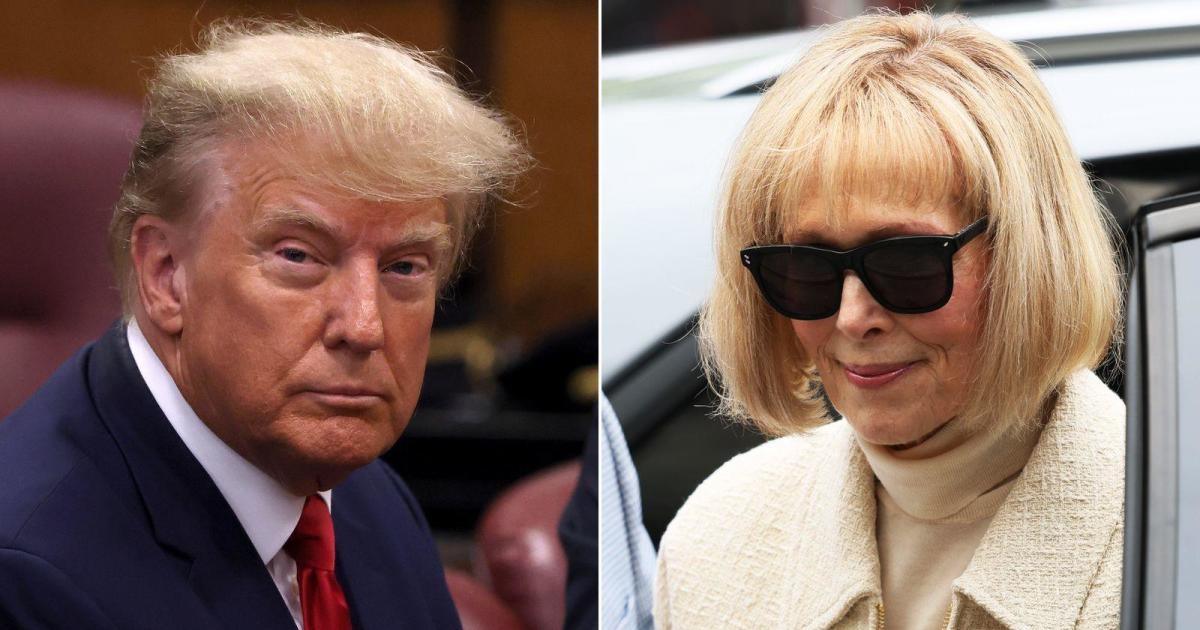FDA bans some vaping products, including fruit and mint flavors
The Trump administration is banning flavored vape products that appeal to children. The Food and Drug Administration said Thursday that manufacturers will have 30 days to stop making and selling cartridge-based vaping devices, including mint-, fruit- and dessert-flavored electronic cigarettes.
The ban does not apply to menthol or tobacco flavors. It also excludes so-called open systems, sometimes known as vape pens, which require a user to manually fill the e-cigarette with liquid. Instead, the new rules focus on vaping products with pre-filled cartridges, which FDA Commissioner Stephen Hahn described in a statement announcing the ban as "both easy to use and easily concealable."
Together, those exemptions represent a significant retreat from President Donald Trump's September pledge to crack down on vaping following a rash of deaths and respiratory illnesses linked to vaping. That plan would have banned all vaping flavors — including menthol — from all types of e-cigarettes. But that effort stalled after vaping proponents and lobbyists pushed back and White House advisers told the president that an all-out flavor vape ban could cost him votes.
Industry groups including the Vapor Technology Association had launched an aggressive social media campaign — #IVapeIVote — contending that the plan would force the closure of vaping shops, eliminating jobs and sending users of electronic cigarettes back to tobacco products. The group took out a six-figure ad buy in Florida last week, aiming to reach Mr. Trump while he was spending his holidays there.
The new policy will preserve a significant portion of the multibillion-dollar vaping market. The narrower scope of the FDA rules is also likely to please tobacco giant Altria, which owns e-cigarette maker Juul Labs, as well as thousands of vape shop owners around the country who sell the open systems, which allow users to mix customized flavors. Sales of these devices represent an estimated 40% of the U.S. vaping business, with sales across some 15,000 to 19,000 shops.
As of January, 55 people have died from vaping-related illnesses and more than 2,500 have been hospitalized, according to the U.S. Centers for Disease Control and Prevention.
The flavor ban applies to e-cigarettes that use pre-filled nicotine cartridges mainly sold at gas stations and convenience stores. Juul is the biggest player in that market, but it previously pulled all of its flavors except menthol and tobacco after coming under intense political scrutiny. Many smaller manufacturers continue to sell sweet, fruity flavors like "grape slushie," "strawberry cotton candy" and "sea salt blueberry."
The FDA justified exempting a large chunk of the vaping market with figures showing that teenagers strongly preferred fruit or dessert flavors over menthol or tobacco. But youth health advocates were quick to criticize the rule, saying it doesn't go far enough.
"Only the elimination of all flavored e-cigarettes can end the worsening youth e-cigarette epidemic and stop e-cigarette companies from luring and addicting kids with flavored products," said Matthew Myers, of the Campaign for Tobacco-Free Kids, in a statement.
Myers's group and others have long opposed all flavors in tobacco products, including menthol in traditional cigarettes. They argue that teenagers who vape will simply shift to using menthol if it remains on the market.
The American Medical Association has called for a full ban of all vaping products that don't work as a smoking cessation device.
Technically, all e-cigarettes currently on the market are illegal, Alex Azar, secretary for Health and Human Services, told reporters on a phone call Thursday, but they remain available because the government has chosen not to crack down while it determines if the products can help adults quit cigarettes.
"We believe that remains a possibility, but it should not come as an excuse for being an on-ramp for children, which is occurring today," Azar said.
Despite the exemptions, the new policy represents the federal government's biggest step yet to combat a surge in teen vaping that officials fear is hooking a generation of young people on nicotine. In the latest government survey, more than 1 in 4 high school students reported using e-cigarettes in the previous month, despite federal law banning sales to those under 18.
Late last month Mr. Trump signed a law raising the minimum age to purchase all tobacco and vaping products from 18 to 21 nationwide. He hinted at the ban earlier this week.
"We'll be taking it off, the flavors for a period of time — certain flavors," he said on Tuesday. "We're going to protect our families, we're going to protect our children and we're going to protect the industry."



